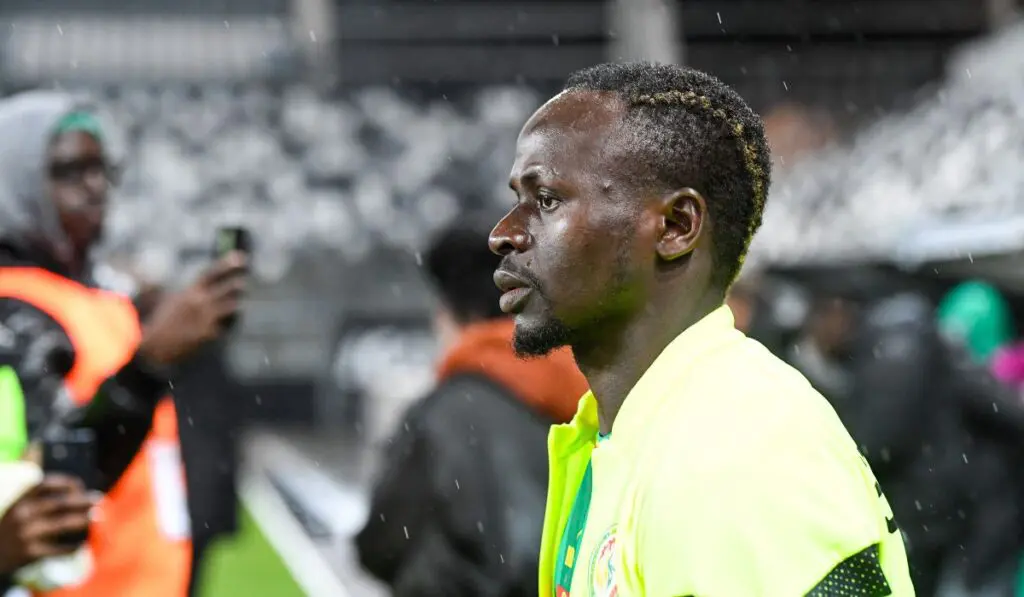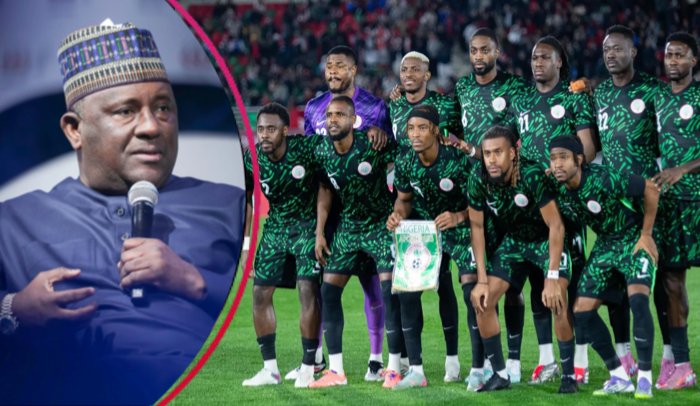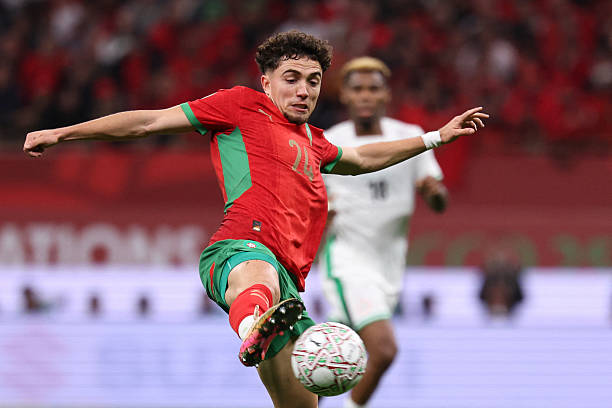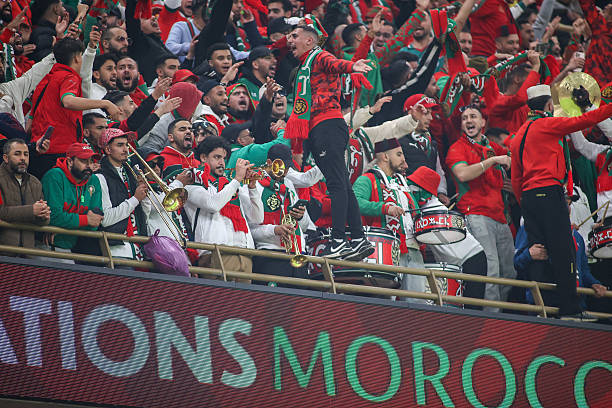Senegal has officially withdrawn its bid to host the 2029 Africa Cup of Nations (AFCON), citing infrastructural challenges and shifting government priorities. The announcement marks a sharp turn from the country’s earlier ambitions to return as a host nation after losing the 2027 bid to the East African trio of Kenya, Uganda, and Tanzania.
In late September 2023, Augustin Senghor, president of the Senegalese Football Federation (FSF), hinted at Senegal’s interest in hosting the prestigious tournament in 2029.
“It would be a good thing to return to competition for 2029,” Senghor said at the time, while also noting that any bid would require approval from the Senegalese government.
Optimism around the potential candidacy grew, with discussions even suggesting a possible co-hosting arrangement with Gambia and Guinea, supported by key figures in Senegal’s leadership.
However, political winds have shifted, bringing with them a change in direction.
Following the appointment of a new Minister of Sports, Khady Diène Gaye, Senegal has decided to pull back from the race to host the tournament.
During a ceremony to present the national beach soccer team’s flag ahead of the 2024 AFCON in that discipline, Gaye announced Senegal’s withdrawal.
Lack of Infrastructure a Key Factor
Gaye cited the country’s lack of suitable infrastructure as a major reason behind the decision.
“Senegal, since 1992, has not been able to organise an Africa Cup of Nations football tournament despite our reputation, our technicians, and the players we have in the world.
We are thinking about it, and if it were up to us, Senegal would apply to organise the CAN 2029. It is not a promise, but it is in our minds.
But at the moment, it is not possible,” the Sports Minister explained.
The country’s current infrastructure simply does not meet the standards set by the Confederation of African Football (CAF) for hosting a tournament of this magnitude.
Gaye pointed out that while Senegal boasts football talent and a proud sporting heritage, the physical infrastructure needed to host an event like AFCON is insufficient. ”
We do not yet have the infrastructure to organise an African Cup. We are not yet up to standard. We will have to know which path to take,” she added.
At present, only the Me Abdoulaye Wade Stadium in Diamniadio is approved by CAF, while other key venues remain unfinished.
The Léopold Sédar Senghor Stadium, a major football landmark, is still undergoing renovation, and the Thiès Stadium is only deemed fit for youth-level tournaments.
Shift in Priorities
While there is still ample time to prepare for 2029, it appears the Senegalese government has shifted its focus to other priorities.
The ambition to host AFCON has been swept aside, much like other recent changes, including the departure of long-serving national team coach Aliou Cissé.
Despite the disappointment of stepping back from a potential hosting role, the decision to focus on long-term infrastructural improvements may set the stage for future bids.
Senegal has not hosted an AFCON since 1992, and while the dream to do so again remains, it is clear that significant development must take place before the country can once more take its place as a host on the continental stage.
???????????? Khadi Diene Gaye, Senegal’s Minister of Sports:
“At the moment, we are not thinking about hosting the 2029 Africa Cup of Nations. This is not possible. We do not yet have the necessary infrastructure to organize the competition.”#afconwithmicky I #africanfootball pic.twitter.com/AssMA0eGuQ
— Micky Jnr (@MickyJnr__) October 18, 2024











